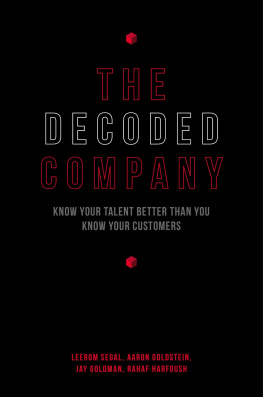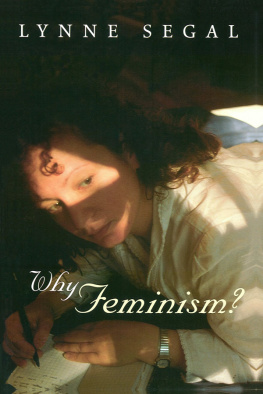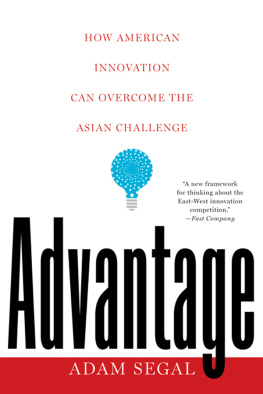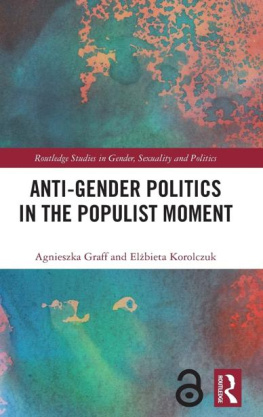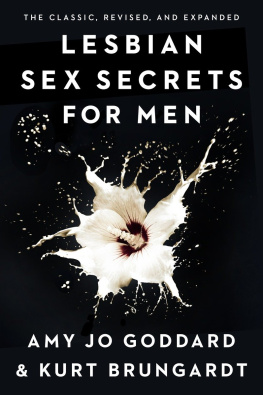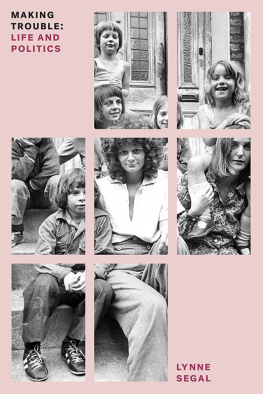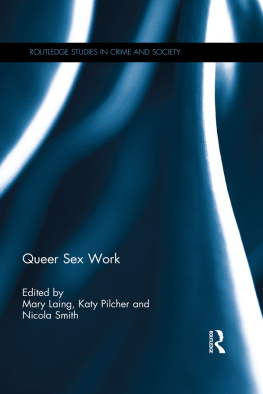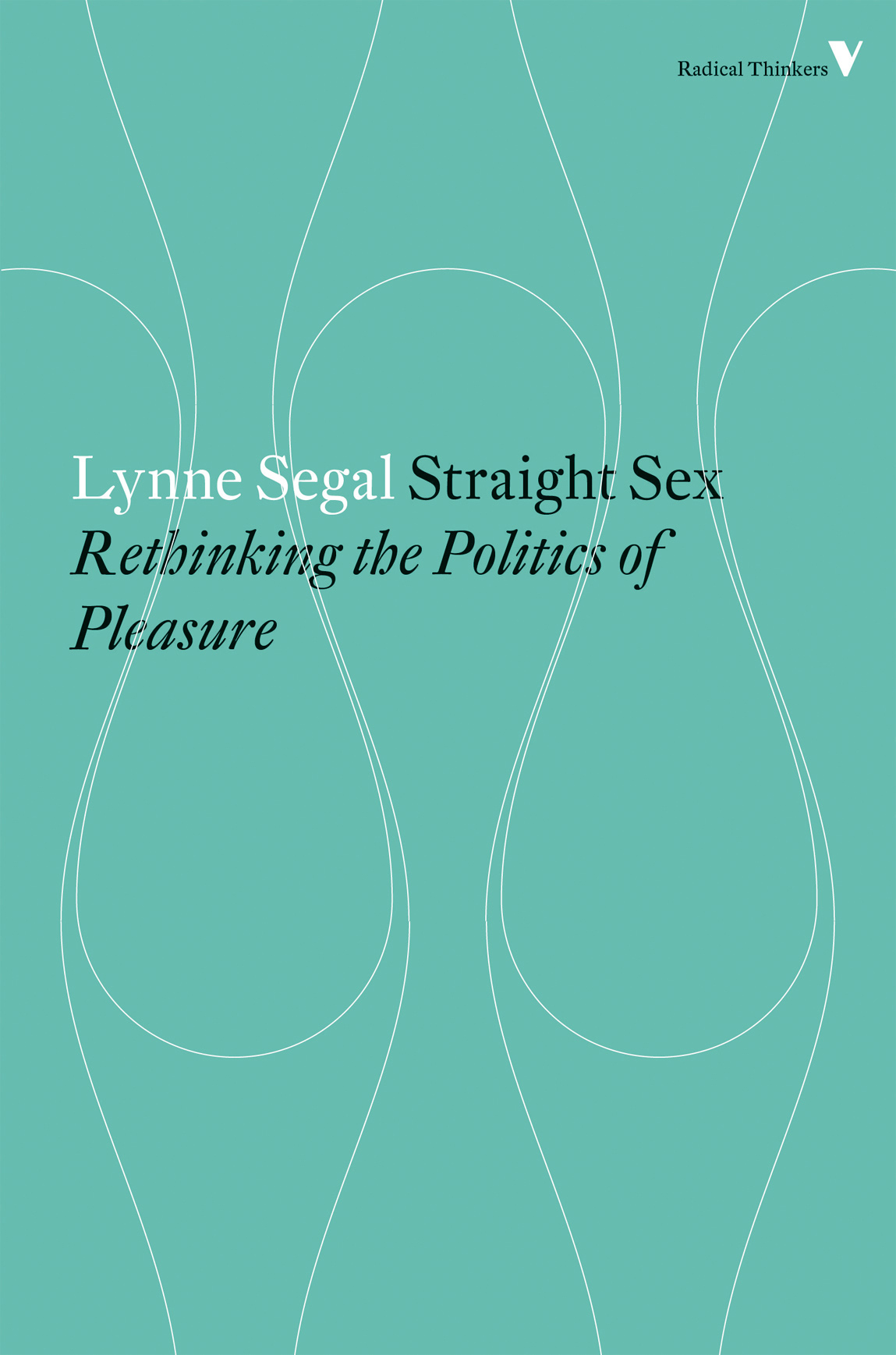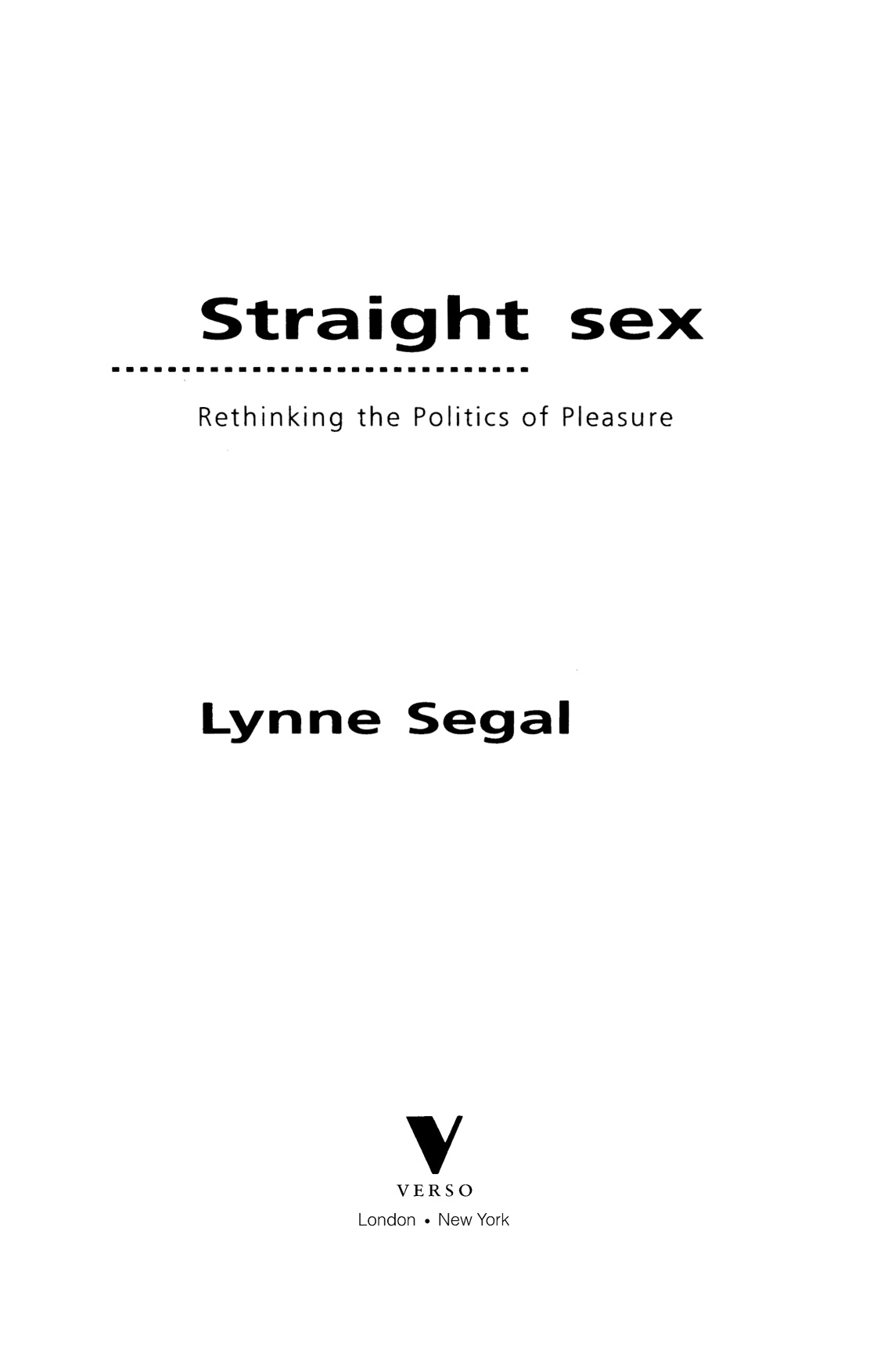First published by Verso 2015
First published by Virago Press 1994
Lynne Segal 1994, 2015
All rights reserved
The moral rights of the author have been asserted
Verso
UK: 6 Meard Street, London W1F 0EG
US: 20 Jay Street, Suite 1010, Brooklyn, NY 11201
www.versobooks.com
Verso is the imprint of New Left Books
eISBN: 978-1-78168-757-4
Trade Paperback ISBN: 978-1-78168-756-7
British Library Cataloguing in Publication Data
A catalogue record for this book is available from the British Library
Library of Congress Cataloging-in-Publication Data
A catalog record for this book is available from the Library of Congress
v3.1
..... Contents
Acknowledgements
My love and thanks to all those who have made the writing of this book more pleasurable than it would otherwise have been. Loretta Loach, Sheila Rowbotham, Bob Connell, Alan Sinfield, James Swinson and Judith Newton offered excellent advice or assistance on selected chapters. I am especially grateful for the encouragement and suggestions I received from my editor Ruthie Petrie, and the support of my agent Rachel Calder. Peter Osbornes unflaggingly critical scrutiny of the text in its various versions helped construct whatever lucidity it has. His love gave meaning to its purpose.
I would also like to thank Anvil Press for kind permission to reprint Sleeping from Mean Time , by Carol Ann Duffy, Anvil Press Poetry, 1993.
for Peter, again
and to the memory of
my mother, Dr Iza Segal,
19141994.
..... Preface
Psychologists have repeatedly found that heterosexuality is not very good for women, the opening pages of a recent feminist collection on the topic declares. On the rare occasions when heterosexual feminists are challenged about their heterosexuality, its editors taunt, they tend to describe how miserable they are. Such casual disparagement alongside heterosexual defensiveness has dwelt within feminism too long. This book will show why it is as unproductive as it is foolish, and how reclaiming sexual agency for heterosexual women can help revive a richer and more inspiring feminist culture and politics.
Some lesbian sex radicals have recently urged straight women to come out of the closet. Were still waiting, they complain, for you to discuss your sexuality: stop generalizing and get specific. As usual silence greeted their challenge. It is a silence I have come to expect. For feminists with longer memories, however, and those who have lustily resisted the sound and fury of the last fifteen years, it is a strange phenomenon. How, they might ask, did a movement which came out of and drew its initial strength from the assertive sex radicalism and utopian thinking of the 1960s counter-culture manage to produce so many who would end up so silent on questions of sex and love?
Womens liberation was one of those post-sixties movements which liked to think it would continue as it had begun, welcoming all women to share their experiences about what most concerned and touched them in their day-to-day lives. The fight against sexual hypocrisy and for sexual openness and pleasure provided much of its early inspiration, as women decided that pleasure was as much a social and political as a personal matter. These issues were not only central to the genesis of feminism, they remain central to the majority of womens lives today.
In the early years of the Womens Liberation Movement, womens rights to sexual pleasure and fulfilment, on their own terms, symbolized their rights to autonomy and selfhood. For more than a decade, however, there has been a shift away from such radicalism towards a bleak sexual conservatism. Some of the most forceful and influential writing now claiming to speak for feminism portrays heterosexuality as inevitably incompatible with womens interests whether coming from Catharine MacKinnon and Andrea Dworkin in the USA, or powerful campaigning and scholarly groups of feminists working in Britain and elsewhere. Autonomy and selfhood have been turned against the idea of sexual pleasure. Sexual discourses and iconography are seen to link dominant conceptions of female sexuality, and hence identity, with submission.
In fact, heterosexual institutions and relations, from marriage and coupledom to adolescent romance, have always been more contradictory than our dominant conception of them in terms of mens power and womens subordination would suggest. Rarely more so than today! (How many of MacKinnon and Dworkins readers and promoters continue, as they do themselves, to engage intimately with men?) Yet, ironically, it is feminism itself (or strands of it) which is currently reaffirming the ties between heterosexuality and womens subordination. If we really cannot offer a response to much of womens sexual experience, other than to condemn it as part of a repressive social order, we can only dishearten rather than inspire the majority of women.
The Right has always seen the connection between personal life and politics. It has never rested from its labour of mobilizing against womens sexual autonomy, against abortion, against homosexuality, against divorce and sex education, indeed against everything which has helped undermine mens control over womens sexuality. In contemporary Western culture, where we invest so much in sexuality, few things are easier than to displace social anxieties into sexual fears and panics. When as feminists today we abandon our former enthusiasm for pleasure and sexual openness, so often dismissing earlier talk of womens sexual liberation with a wry chuckle or nostalgic sigh (if not actually feeding the rhetoric of denunciation), we participate in the vigorous backlash against the gains which feminists have helped to achieve.
The opening chapters of this book explore the shifts and divisions in feminist thinking and practice around sexuality and desire since the 1960s. It is a complex narrative, best told from many different perspectives. Feminists have made use of, and helped to transform, all the diverse frameworks for understanding human sexuality from sexology to psychoanalysis, discourse theory to deconstruction..
Lesbian and gay studies and writing are blossoming in academic institutions and popular publishing outlets, challenging the heterosexual matrix linking sex and gender. They constitute a rich and exciting new field of cross-disciplinary theoretical work on sexuality. This work comes out of the still confident and campaigning sexual politics of lesbian and gay struggles and self-reflection. Once simply the object of the medical gaze and its scientific systems of classification, lesbian and gay people increasingly set the agenda for a reversal in which the interrogators are interrogated, and compulsory heterosexuality, heterosexism and the roping of sexuality to gender themselves become the problem.
However, as makes clear, decades of campaigning feminism have yet to produce the same kind of confident reversals which will turn around the male gaze and its phallic construction of heterosexuality. Instead, contemporary feminist polemic has been blocked by the negative and reactive language of the anti-pornography campaigns of the 1980s. For all the expert concern of sexologists with female pleasure, both dominant and dissident voices addressing heterosexuality still portray men as the active agents of desire, and women as its passive objects. Such images of female passivity fuelled early feminist moves to assert an active, autonomous sexuality which ended up constructing a notion of lesbian sexual practice as exemplary for feminists.


